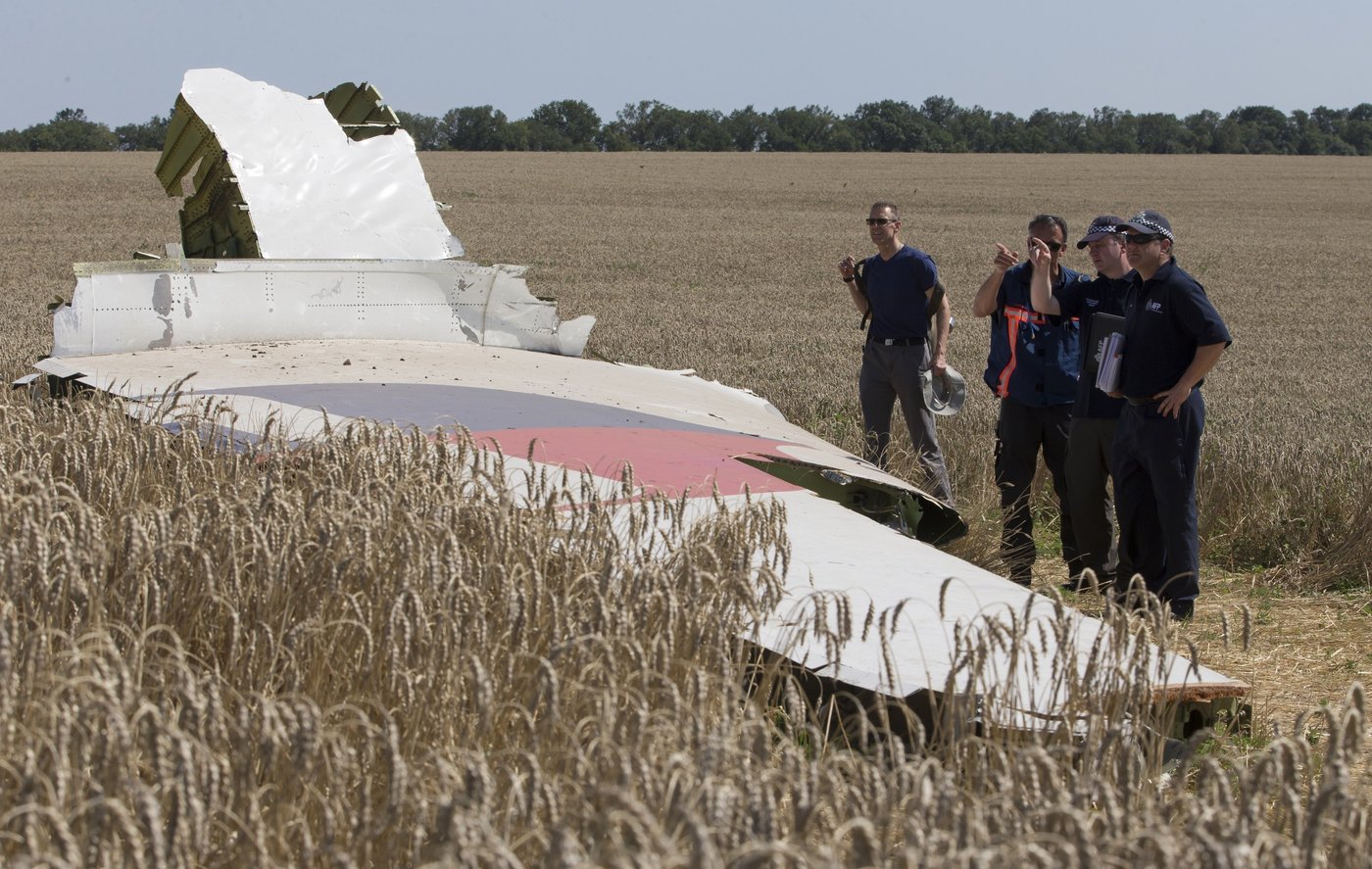Landmark Rulings Against Russia by Europe’s Top Human Rights Court
The European Court of Human Rights (ECHR) has issued two significant rulings against Russia, marking a major development in the ongoing legal battles surrounding the conflict in Ukraine and the tragic downing of Malaysia Airlines Flight MH17. These decisions represent the first time an international court has held Moscow accountable for human rights violations since the full-scale invasion of Ukraine began in 2022.
Russia Found Responsible for Violating International Law
In its latest ruling, the ECHR determined that Russia violated international law during the conflict in Ukraine. This decision is particularly notable as it highlights the legal consequences of actions taken by the Russian government during the war. The court’s findings underscore the gravity of the situation and the need for accountability in the face of widespread human rights abuses.
Tolong support kita ya,
Cukup klik ini aja: https://indonesiacrowd.com/support-bonus/
Responsibility for the Downfall of Flight MH17
Another critical aspect of the court’s rulings involves the downing of Malaysia Airlines Flight MH17. The ECHR has now officially attributed responsibility for this tragedy to Russia. This marks the first time an international court has named Moscow as the party responsible for the 2014 disaster, which resulted in the loss of 298 lives. The Boeing 777 was shot down on July 17, 2014, using a Russian-made Buk missile fired from territory in eastern Ukraine controlled by separatist rebels. All passengers and crew aboard the flight were killed, including 196 Dutch citizens.
Symbolic Nature of the Rulings
Despite the significance of these rulings, it is important to note that any decisions made by the ECHR will be largely symbolic. This is because the court’s governing body expelled Russia in 2022 following the full-scale invasion of Ukraine. However, the court can still handle cases against Russia that date back to before its expulsion. This means that the ECHR continues to play a role in addressing past violations, even if the current political landscape limits the practical impact of its decisions.
Families of Victims See Milestone in Justice
For the families of the victims of the MH17 disaster, the court’s decision represents an important milestone in their 11-year quest for justice. Thomas Schansman, who lost his 18-year-old son Quinn in the tragedy, expressed hope that the ruling would help bring clarity about who was truly responsible for the incident. He emphasized the importance of continuing the fight for justice, stating, “The worst thing we could do is stop fighting.”
International Recognition of Russia’s Role
In May, the United Nations’ aviation agency also found Russia responsible for the MH17 disaster, reinforcing the international community’s stance on the matter. The ECHR, as a key component of the Council of Europe, remains a vital institution for upholding human rights across the continent. Although Russia was expelled from the council due to its actions in Ukraine, the court can still address cases involving events prior to its expulsion.
Jurisdictional Challenges and Ongoing Cases
In 2023, the judges of the ECHR ruled in favor of Ukraine and the Netherlands in a jurisdictional challenge, determining that areas in eastern Ukraine controlled by separatist rebels were under the jurisdiction of the Russian Federation. This included evidence of support provided to the rebels, such as weapons, political backing, and economic assistance. These findings have paved the way for further legal action against Russia.
Continued Legal Proceedings
The recent rulings from the ECHR are not the final ones regarding the war in Ukraine. Kyiv has several other cases pending against Russia, and there are nearly 10,000 individual cases brought by individuals against the Kremlin. These cases reflect the extensive scope of the legal challenges faced by Russia in the wake of the conflict.
Separate Criminal Prosecution in the Netherlands
In addition to the ECHR rulings, there is a separate criminal prosecution in the Netherlands. Two Russians and a Ukrainian rebel were convicted in absentia for their roles in the downing of Flight MH17. This case highlights the complex nature of international legal proceedings and the various avenues through which justice can be pursued.
International Efforts for Accountability
Last month, Ukrainian President Volodymyr Zelenskyy approved plans to establish a new international court to prosecute senior Russian officials for the full-scale invasion of Ukraine. This initiative underscores the determination of the Ukrainian government to seek justice for the atrocities committed during the conflict.
Persistence in the Pursuit of Justice
For individuals like Thomas Schansman, the pursuit of justice remains a central focus. Despite the passage of more than a decade since his son’s death, he remains committed to the cause. “MH17 is not a case that will disappear for Russia,” he stated, emphasizing the importance of continued efforts to hold those responsible accountable.







